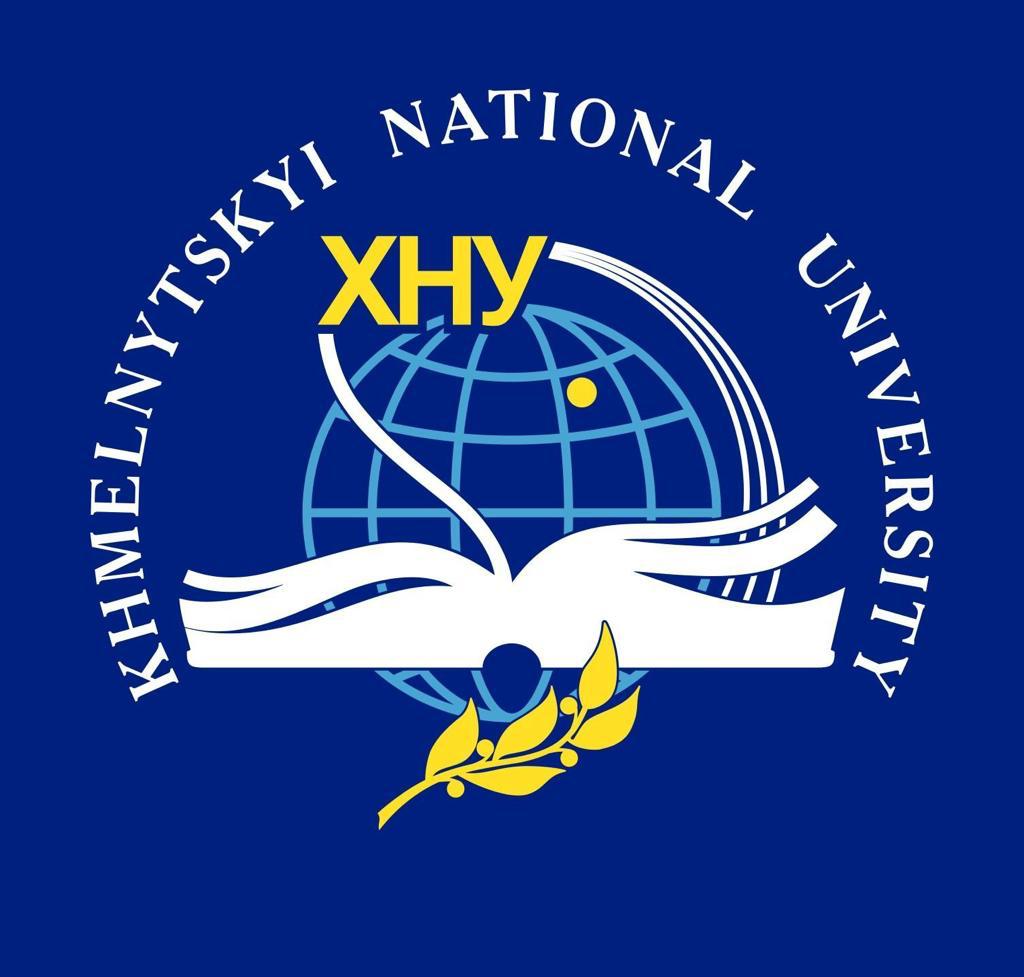ФІЗИЧНА АКТИВНІСТЬ ЯК ВИКЛИК СУЧАСНОСТІ - ВИБРАНІ ПИТАННЯ
DOI:
https://doi.org/10.31891/pcs.2024.1.46Ключові слова:
фізична активність, спорт, дегуманізація спортивного життяАнотація
В онтологічному сенсі модерн - це спосіб існування когось або чогось. Модерн у праксеологічному сенсі - це галузь наукових досліджень, яка займається методами всіх цілеспрямованих людських дій. Модерн в аксіологічному сенсі - це наука про цінності. Якщо фізична активність піддається поглибленому дослідженню та аналізу, то в онтологічному сенсі, як наслідок потреб, вона характеризується чітким дуалізмом. З одного боку, фізична активність покращує фізичну форму людини і зміцнює організм, а з іншого - викликає ріст і регенерацію нейронів, що покращує інтелектуальні процеси, тобто сприйняття людини. Тільки поєднання фізичної активності та навчання може дати очікувані освітні результати на будь-якому рівні освіти. З прагматичної точки зору, чітко визначеною метою фізичної активності є спортивний результат окремої людини або команди. Це часто призводить до використання тренувальних методів або допомоги зовнішніми засобами, тобто хімічними речовинами, а також медичними та харчовими продуктами, які використовують біологічні форми, наприклад, переливання крові. Наслідки такі: з аксіологічної точки зору, фізична активність спрямовує дії на виключення всіх інших цінностей, окрім успіху. Успіх створює реальність, породжується міждисциплінарними питаннями з можливістю порушення здоров'я людини в ім'я ідеї перемоги понад усе. Такий успіх може призвести до дегуманізації спорту та дегуманізації людини. Поняття гуманізму та чесної гри поступово втрачається. Вищезазначені питання формують основу дослідження, яке стає дослідницьким викликом.
Посилання
Slovnyk polskoi movy PWN on-line https://sjp.pwn.pl/
Demel M., Pedagogika zdrowia, WSiP, Warsaw 1980. 3. Drabik J., Aktywność fizyczna w edukacji zdrowotnej społeczeństwa, Wyd. AWF, Gdańsk, pp. 19-21.
Przewęda R., Promocja zdrowia poprzez wychowanie fizyczne, (in:) Karski J.K. (ed.), Promocja zdrowia, Ignis, Warsaw 1999, p. 201.
Siciński A., Styl życia, kultura, wybór. Eskizy, IFiS PAN, Varshava 2002, s.21.
Żukowska Z., Styl życia a zagrożenia zdrowia jednostki i społeczeństwa w rozwijającej się cywilizacji, (in:) Pedagogika społeczna, t. 2, Marynowicz-Hetka E. (ed.), Wyd. Naukowe PAN, Warszawa 2007, p. 534-552.
Fizychna kultura i kultura zdorovia suchasnoi liudyny - teoretychni osnovy i praktychne znachennia, red. A. Kazmerchak, A. Mashorek-Shymala, Lodzkyi universytet, Lodz 2008, s.10-19. Kazmierczak, A. Maszorek-Szymala, E. Dębowska, University of Lodź, Lodź 2008, pp.10-19.
P. Zembura, A. Korcz, H. Nałęcz, E. Cieśla (2022). Rezultaty polskoho zvitu pro fizychnu aktyvnist ditei ta pidlitkiv za 2022 r. Mizhnarodnyi zhurnal doslidzhen navkolyshnoho seredovyshcha ta hromadskoho zdorovia, 19(7), 4276.
J. Tomporowska, U. Jaworska, D. W. Skalski, S. S. Dębski, Pedagogika specjalna. Wybrane zagadnienia, Pomorska Szkoła Wyższa, Starogard Gdański 2022, s.107-110.
K. Rymarchyk, Plastychnist dytiachoho mozku - fizychna aktyvnist yak mozhlyvist pidvyshchyty potentsial rozvytku ditei ta pokrashchyty rezultaty navchannia, WSiP, Varshava 2017, s. 31-35.
V.S. Ramachandran, Nevrolohiia na pidvalynakh liudstva, UW, Varshava 2017, s. 135.
A. J. Nelson, Vplyv fizychnykh trenuvan na morfolohiiu dendrytiv u kardiorespiratornomu ta lokomotornomu tsentrakh mozku zrilykh shchuriv, Zhurnal prykladnoi fiziolohii, 2010, 108(6), 1582-1590.
http://whwtwt.ps:f/n/.worwgw/.cloenatreninntg/dPiusbalbicilaittiieosn.sc/ oBmr/apinrBogrireafminsg.ssh/tdmysllexia.html /accessed 11.01.2023/.
K. Rymarchyk, Plastychnist dytiachoho mozku - fizychna aktyvnist yak mozhlyvist pidvyshchennia potentsialu rozvytku ditei ta krashchoi akademichnoi uspishnosti, WSiP, Varshava 2017, s. 37.
S.S. Dębski, Multydynamichna mizhdystsyplinarna sensorno-kohnityvna analityka [v:] Zdorovia, fizioterapiia, fizychna kultura i pedahohika, Pomorska politekhnika v Starohardi Hdanskomu u spivpratsi z Lvivskym derzhavnym universytetom fizychnoi kultury imeni Ivana Boberskoho u Lvovi, Starohard Hdanskyi-Lviv 2022, s. 34-41.
S.S. Dembskyi, Pytannia bezpeky zdorovia v polskykh pravovykh normakh. Anomalii pered oblychchiam Konstytutsii [v:] Reabilitatsiini ta fizkulturno-ozdorovchi aspekty rozvytku liudyny, Naukovyi zoshyt № 8, Rivne, 2021, s. 150.
Zvit pro stan fizychnoi aktyvnosti ditei ta molodi v Polshchi v ramkakh proektu "Hlobalna matrytsia 4.0". Dokument, shcho pidtrymuie polityku ta prohramy z fizychnoi aktyvnosti ditei ta molodi v orhanakh mistsevoho samovriaduvannia ta derzhavnoho upravlinnia, URM, Varshava 2022.
Hlobalnyi alians za aktyvnykh ta zdorovykh ditei (2021). Hlobalna matrytsia 4.0. Hlobalnyi alians za aktyvnykh zdorovykh ditei. https:// www.activehealthykids.org/4-0/
Aubert S., Barnes, J. D., & Demchenko, I. (2022). Otsinka fizychnoi aktyvnosti ditei ta pidlitkiv za kartoiu Hlobalnoi matrytsi 4.0: rezultaty ta analiz z 57 krain. Zhurnal fizychnoi aktyvnosti ta zdorovia.
Nastanovy VOOZ 2020 shchodo fizychnoi aktyvnosti ta malorukhlyvoho sposobu zhyttia u ditei ta pidlitkiv vikom 5-17 rokiv: uzahalnennia dokaziv. Mizhnarodnyi zhurnal povedinkovoho kharchuvannia ta fizychnoi aktyvnosti, 17(1).





